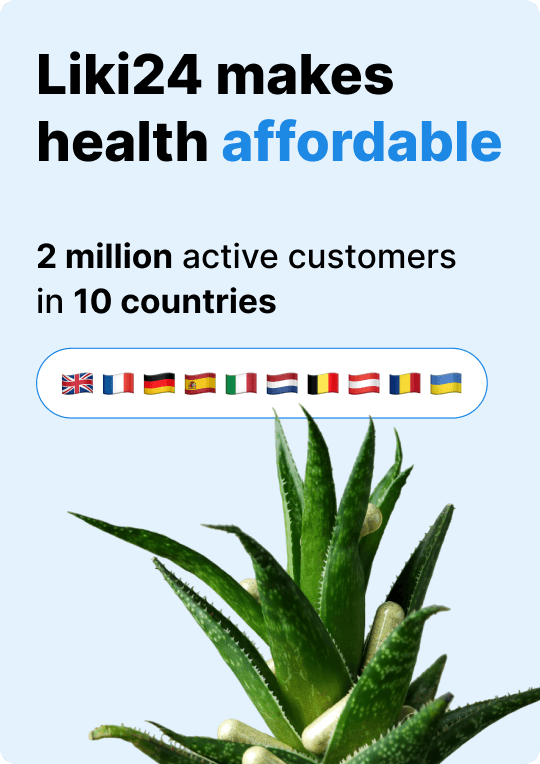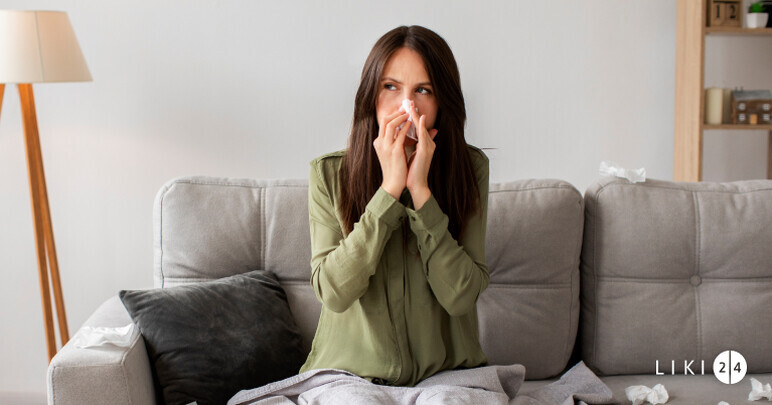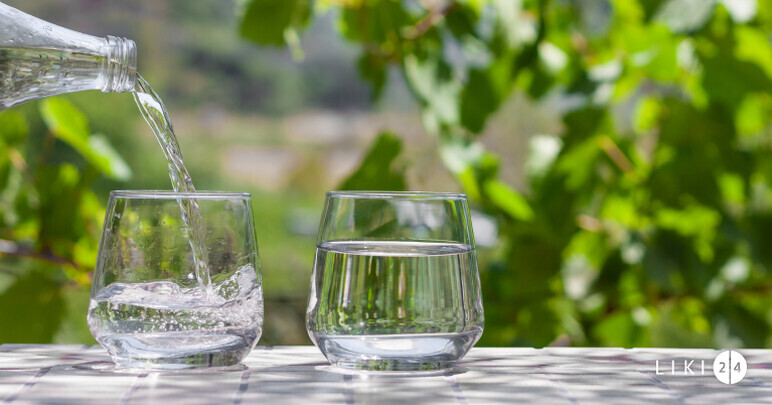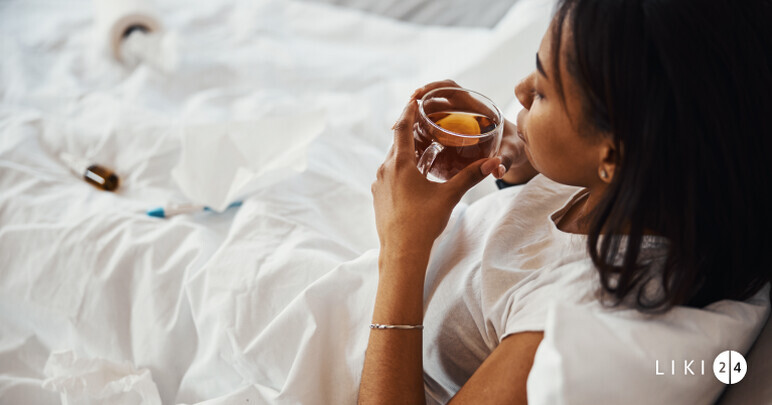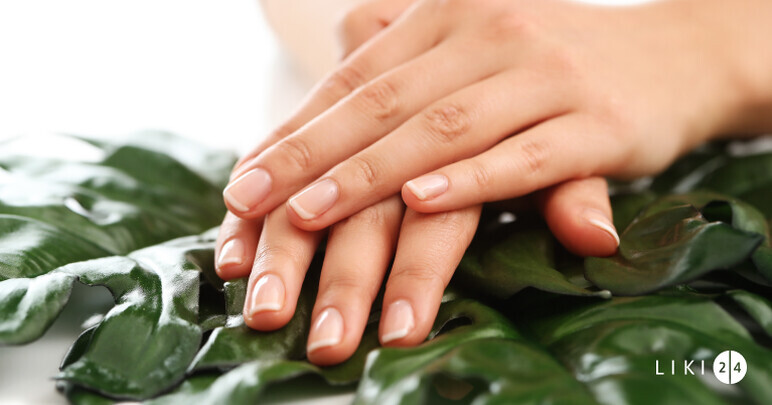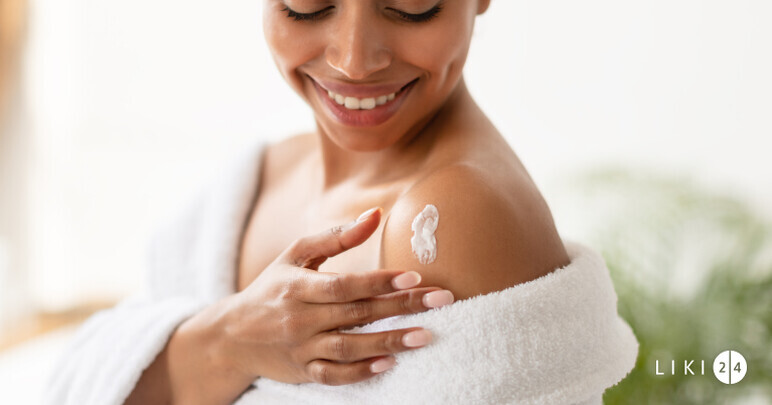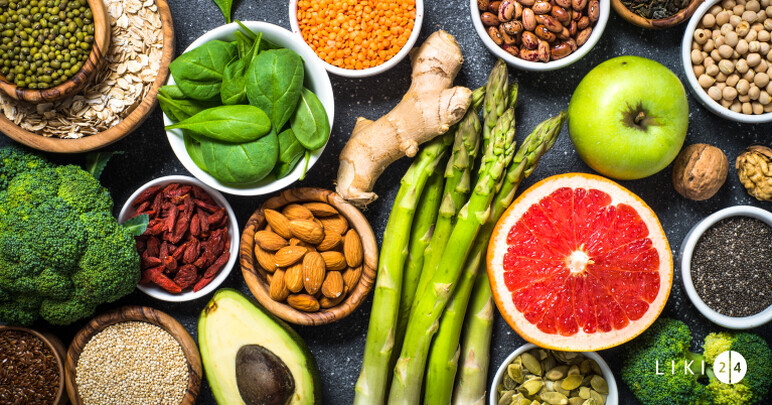Isop grass tea, 50 g, Stef Mar Valcea
Isop
Description Isop
The information in the FAQ section was created by the Liki24.co.uk team and is based on the official manufacturer's manual
Hyssop is a medicinal plant with a thousand-year-old tradition, known by its scientific name Hyssopus officinalis, which belongs to the Lamiaceae family. Native to the eastern regions of the Mediterranean and Central Asia, hyssop has been used since ancient times in traditional medicine for its beneficial effects on the respiratory, digestive, and cardiovascular systems.
Currently, hyssop-based preparations are used as adjuvants in respiratory diseases, high blood pressure, digestive problems, and viral infections, especially in cases of herpes.
Forms of release
Hyssop is marketed in various pharmaceutical and phytotherapeutic forms, suitable for both internal and external use. The most commonly used are capsules, tea, or essential oil.
Manufacturers - Favisan, Fares, Dacia Plant, AdNatura, Justin Pharma, etc.
Indications for use
Due to its multiple pharmacological actions, hyssop is indicated for the following conditions:
- Respiratory disorders: coughs of various etiologies, bronchitis, bronchial asthma, flu, colds;
- Digestive disorders: bloating, indigestion, slow digestion, abdominal colic, gallstones;
- Cardiovascular disorders: hypertension, capillary fragility, venous insufficiency;
- Viral conditions: herpes simplex (internal and external);
- Dermatological conditions: superficial wounds, skin inflammation.
Dosage regimen
The dosage of the product varies depending on the form of presentation and the therapeutic indication.
For capsules, the recommended dose is 1 capsule 3 times a day, taken with water before meals.
For tea, prepare an infusion of 2 teaspoons of the plant in 250 ml of boiling water, infuse for 15 minutes and drink 3 cups a day, 15 minutes before meals;
The cold macerate is prepared from 2 teaspoons of the plant in 250 ml of water, left for 6-8 hours and drink 3 cups per day, 30 minutes before meals;
External poultices can also be applied locally for at least 3 hours on herpes or minor wounds.
Contraindications
The use of hyssop is contraindicated in the following situations:
- Pregnancy and breastfeeding – due to the risk of uterine stimulation and undesirable hormonal effects
- Known allergy or hypersensitivity to hyssop
- Epilepsy – may have convulsive potential
- Young children – especially under 3 years of age, for safety reasons
If you suffer from severe chronic diseases, it is advisable to consult your doctor before using this product.
Special instructions
Important! In children, hyssop may only be used for short periods of up to 7–10 days, and the dose should be adjusted according to age and weight – usually ¼ to ½ of the adult dose.
In people with a history of seizures, neurological disorders, or chronic treatments, medical advice should be sought before use.
External preparations should only be applied to intact skin, avoiding contact with the eyes or mucous membranes.
Side effects
Although generally well tolerated, isopropyl alcohol may cause the following side effects in isolated cases or at high doses:
- Nausea, stomach discomfort
- Allergic skin or respiratory reactions (hives, itching, rashes)
- Seizures (in case of overdose or in predisposed individuals)
Interactions with other drugs and foods
Hyssop may interact pharmacodynamically with certain drugs, increasing the risk of adverse effects or reducing therapeutic efficacy, such as anticonvulsant drugs.
No significant interactions with food have been reported, but it is recommended to take it on an empty stomach for optimal absorption.
Overdose
Overdose with hyssop, especially in concentrated forms (essential oil or powder in excess), may cause:
- Convulsions, especially in predisposed individuals or children;
- Intense nausea, vomiting, abdominal pain;
- Psychomotor agitation
In case of overdose, it is recommended to discontinue administration and seek medical advice immediately.
Storage conditions
The product should be stored in its original container, away from direct light, moisture, and heat sources. The ideal temperature is below 25°C. It is recommended to close the bottle tightly after each use and keep it out of the reach of children.
Specialized literature used
- ScienceDirect, Hyssopus officinalis
- WebMD, Hyssop
- NIH, Hyssop
- MDPI, Genus Hyssopus: Traditional use, phytochemical and pharmacological properties
- WebMD, Health benefits of hyssop
FREQUENTLY ASKED QUESTIONS
Can I drink alcohol while taking hyssop?
Can I use hyssop as a treatment for hypertension?
Is hyssop effective against herpes?
Features
| Brand | AdNatura, Dacia Plant, Favisan, Ionna Organic, Stef Mar Valcea |
| Product type | Capsules, Sachets |

Isop grass tea, 50 g, Stef Mar Valcea
To keep in the pantry at all times!

Isop Tea, 20 sachets, Ionna Organic
Too expensive for the quality. Actually the price is given by the packaging.





